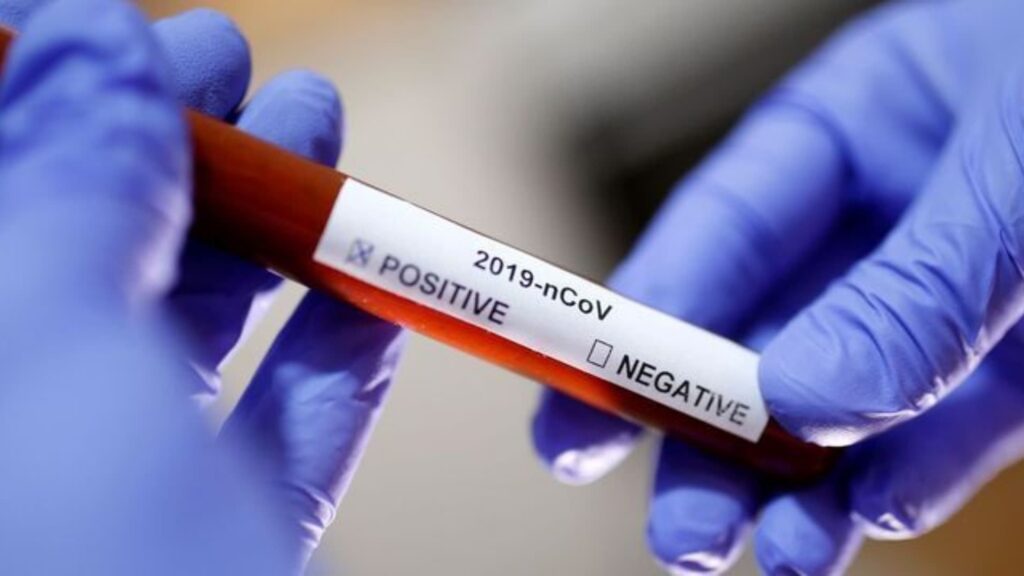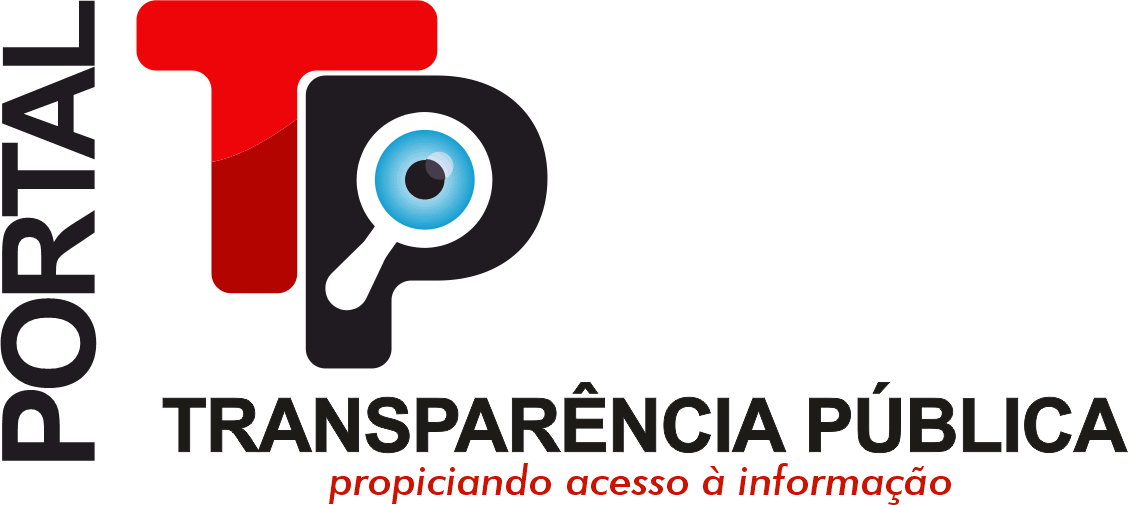You are here:
Início » Corruption » Accountability for Covid-19 Responses
February 11, 2026 4:05
Latest update:September 29, 2023
Accountability for Covid-19 Responses

*Sérgio Calundungo
The scale of the interventions needed to tackle the health and economic consequences of the Covid-19 pandemic has challenged the Angolan Executive’s capacity for effective, persuasive and equitable management. Until September 2021, there were few citizens who, despite the interest shown, managed to have easy access to data that allowed them to say, in a clear way, how much money the Angolan Executive managed to mobilize and channel to respond to fiscal, economic and health policies, which Covid-19 imposed. When asked, very few people, even among experts, can come up with data on additional spending measures, tax relief programs, and loans and loan guarantees – all designed to finance the health services needed to deal with the income losses and keep the economy functioning.
The answers, in terms of financial allocation, seem different between the various sectors – and we cannot even say whether they have been much greater to benefit the richest segments of the population, compared to the poorest and most vulnerable.
Mobilizing economic and financial resources to face the Covid-19 pandemic in a context of emergencies there is always a great risk of mismanagement, and when this happens, the consequences can be serious and lasting. In these circumstances, I believe that the most viable option would be to opt for inclusive and transparent budgets, as these are crucial for efficiency and equity, so that resources reach those who need them most. For example, when the Executive authorizes the execution of an expenditure equivalent in kwanzas to USD 114,000,000 for the acquisition of two properties, for accommodation, equipping and acquisition of means of work for the public services of the Ministry of Transport and the Regulatory Agency for Certification of Cargo and Logistics in Angola, at a time when more than 1.3 million people in the provinces of Cunene, Huila and Namibe are facing severe hunger, is this a priority?
In my opinion, alleviating the suffering of the 1.3 million of my compatriots, who suffer from hunger and thirst, being themselves potential victims of Covid-19 and considered citizens most in need of basic social services, is a much higher priority than the acquisition of two properties for accommodation, equipping and acquisition of work means for the public services of the Ministry of Transport and the Regulatory Agency for Cargo Certification and Logistics in Angola.
Not that these institutions are not important, but in a context strongly marked by an economic and health crisis, is this a priority expense? This is an issue that has been raised by a number of citizens, who, aware of the fact that the Angolan State has confiscated many properties and some property acquired illegally, believe that perhaps some of these should be used for purposes such as these.
I mentioned this case as an example because it was more recent (according to the dispatch signed by the President of the Republic, dated September 14, 2021, as published in the Diário da República!), and to highlight the fact that, in a context of greater budgetary transparency, combined with spaces for public participation, where citizens and even well-informed public servants enjoy a sufficiently open political environment to try to influence this type of decision, which would hardly happen, especially in a context in which the motto is much proclaimed, according to which “We must correct what is wrong!”, would this not be an opportunity to correct what is really wrong?
Citizen participation in budget processes is particularly pressing given the magnitude of the challenges posed by Covid-19 and the implications they will have beyond the current face of the emergency we face. In this sense, the various stakeholders would certainly share powerful examples of transparency and participation in times of crisis and discuss how we can collectively strengthen our practices in the long term. Is there an opening for that?
If there is something that the crisis should teach us in relation to the way in which we managed public finances in the past, it is certainly transparency, combined with spaces for public participation. They are, in fact, indispensable tools not only for good management of public finances, but also for us to be successful, in the firm purpose of overcoming crises.
*OPSA Coordinator
Source: Novo Jornal Online
Access Counter:
PUBLIC TRANSPARENCY PORTAL – ANGOLA
Propitiating access to information
Municipality of Talatona, Urban District of Benfica, Estrada Lar do Patriota, Rua V, Travessa II, n.º 584-A
Postal Address: Brito Godins Postal Station, Bairro Kinaxixi, Correios de Angola, PO Box n.º 10196, Luanda – Angola
Contact phone: +244 934 035 233
COPYRIGHT © 2022 – THE PUBLIC TRANSPARENCY PORTAL IS PROPERTY OF PRO BONO ANGOLA® – ALL RIGHTS RESERVED. DEVELOPED BY 15INTELLIGENCE


